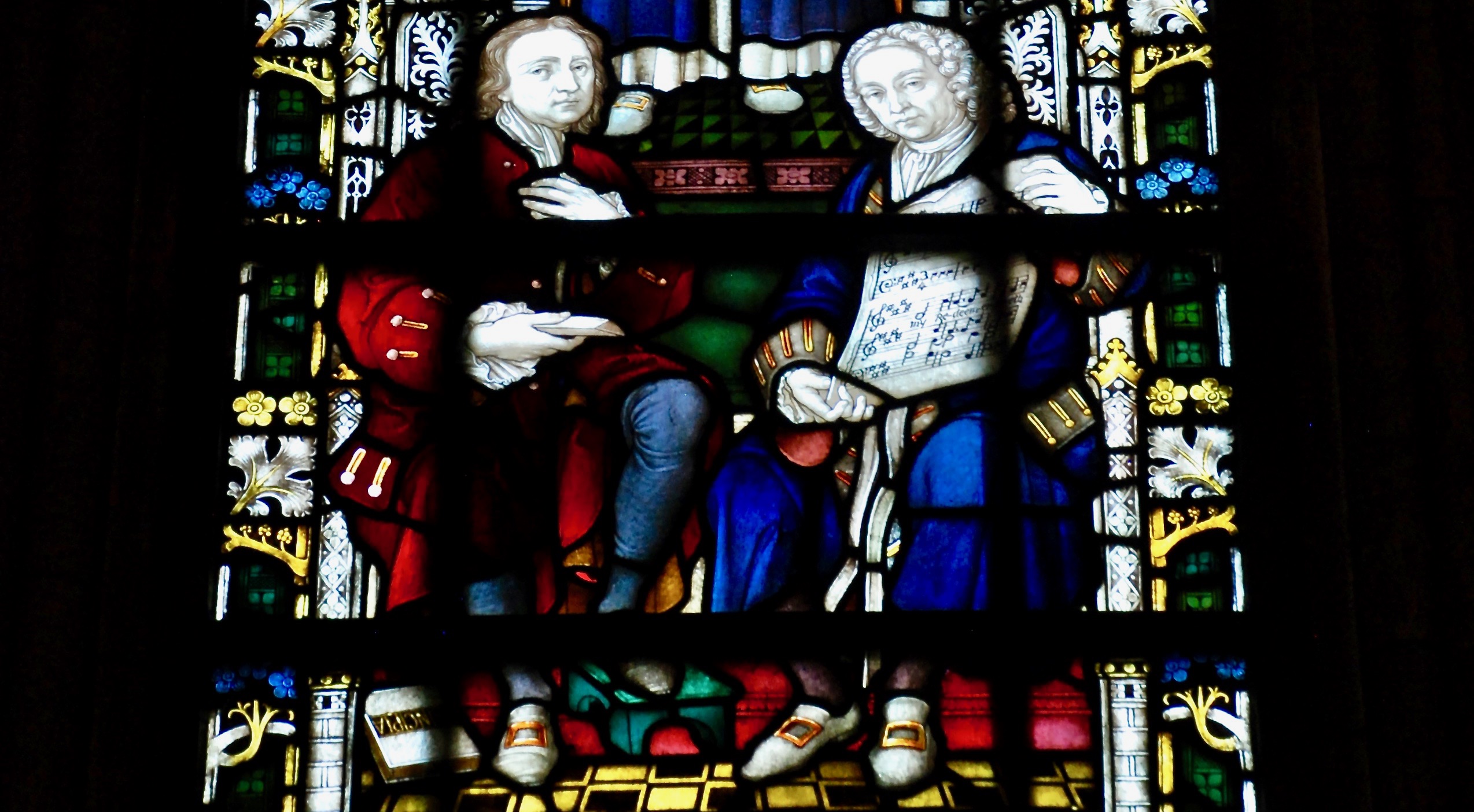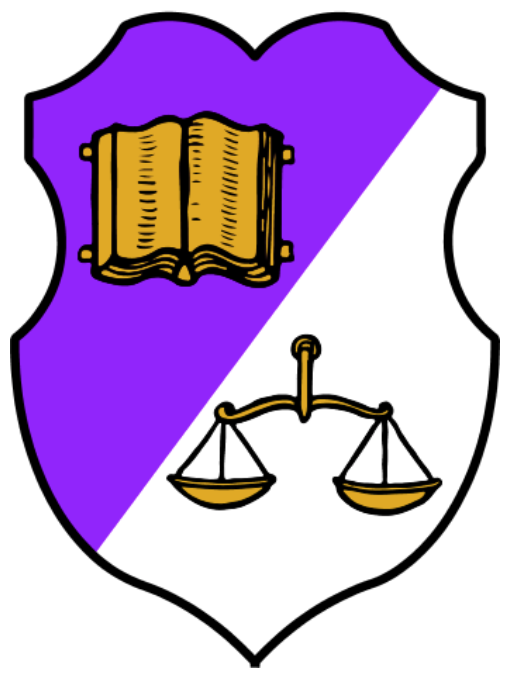Royal College of Social, Scientific, Historical and Philosophical Studies
One would struggle to find a more austere or noble house of learning anywhere in Turoza. A perfect place to stretch the minds of intellectuals from near and distant lands, and to incarcerate those eccentric souls deemed too unsafe to be left wandering around on their own.Maximilian Hoherberg Von Zottehal As one of the few seats of non-magical learning in Ulskandar, the Royal College of Social, Scientific, Historical and Philosophical Studies attracts respect and potential students from all over Turoza, and is a great tool for the utilisation of the Sultanate of Fashaddon. Not only does the Royal College provide the Sultan with a potentially pan-continental diplomatic tool, it also pulls in some of the brightest minds from across Turoza to study there, many of which can be tempted into staying in Fashaddon, whilst also providing huge bodies of research on all manner of things to the Sultanate, first and foremost, and then potentially Turoza’s other nations. As its name suggests, the College has various, diverse faculties that make up the whole, covering all manner of areas of study from Architecture to Zoology. Many eminent and famous scholars, intellectuals and researchers have passed through the Royal College’s hallowed halls, including the famed architect Melis Tarcan, the eccentric pioneer of Blackpowder technology, Guido Durandson, and the prominent historian and recorder Maximilian Hoherberg Von Zottehal.
Structure
The Royal College is headed by the Lord Rector, who has oversight and final say on all strategy and decision making that goes on within the College. The Lord Rector answers directly to the Sultan, by whom they are appointed. In theory, the position of Lord Rector is held for life, once an individual has been appointed, but in reality, they remain in post for as long as the Sultan is happy with the way they are governing and guiding the institution. Traditionally, the Lord Rector is appointed from the body of faculty that teach and research within the Royal College, but there have been instances in the past when the Sultan has appointed someone from outside of the institution, with little interest in academia, simply because they know they can be trusted to steer the research and teaching of the College in a certain way.
Below the Lord Rector is body of individuals known as Senior Tutors. These are individuals who have been members of the faculty for over twenty years and that have an exemplary record for their academic achievements and research output. There is no fixed number of Senior Tutors, but the number is naturally capped by the fact that those wishing to become one must first have served the requisite temporal term, but must also pass a gruelling interview by the assembled Senior Tutors and the Lord Rector currently within the Royal College. As the group of Senior Tutors is very protective of admitting others into their ranks, a candidate must not only be academically watertight, but also thought of as ‘the right sort’ by the other Senior Tutors.
The largest body of faculty within the Royal College are Tutors, who are individuals that have been in the service of the College for at least five years, and have successfully been able to justify their appointment in front of a panel of Tutors from the faculty they teach and research in. Tutors tend to carry out the bulk of the teaching in the College, but are also expected to dedicate a large portion of their time to the production of research.
The bottom tier of faculty are the Junior Tutors. These people are individuals that have moved straight from the student body into the faculty, and are traditionally the least experienced and most poorly paid of the faculty. Although they are expected to carry out their own research, or to join the research team of one of the Tutors, or occasionally Senior Tutors, most of a Junior Tutor’s time is spent acting as a teaching assistant within lectures and classes, and preparing the necessary pedagogical materials to be used in class sessions.
Advancement through the ranks of faculty not only brings prestige amongst one’s peers, along with a certain amount of recognition in the outside world, but also comes with material benefits as well. All faculty members are paid for their work, and this level of payment rises significantly the higher up one gets in the hierarchy. Equally, all faculty expect to be given accommodation by the Royal College, and this ranges in size and quality from the small single rooms given to Junior Tutors, to the veritable palatial apartments of the Senior Tutors, and literal mansion that is given over for the use of the Lord Rector.
The faculty of the Royal College are supported by a plethora of servants, porters, administrators and Disciplinary Officers who ensure that the physical structure of the Royal College is maintained and that the whims of the faculty are met in a prompt and timely manner.
Public Agenda
The mission statement for the Royal College is, ‘the education of promising men and women, who exhibit outstanding academic potential, for the benefit of the Sultanate and the wider world’, and this is largely true, though the emphasis is always stressed on the benefit the institution will bring to the Sultanate of Fashaddon, rather than the wider world. Having said that, the fact that the Royal College has so many students come through its doors from beyond the borders of the Sultanate means that a lot of individuals educated within its walls tend to return to their countries of origin after completing their studies. However, in order to retain top talent within the Royal College, and therefore within Fashaddon, the College will frequently offer teaching or research positions to the brightest of their students in order to get them to stay.
As the Royal College is directly patronised, and partly funded by the Sultan himself, part of the institutions public remit is to advance the technology and level of academic research that is available to the Sultanate, so that it can be used to support and reinforce its position as one of the major international players on Turoza’s geopolitical scene.
Assets
The patronage of the Sultan means that the Royal College has a huge pool of financial assets with which to fund its educational activities, thought the source of most of this funding does also mean that the research output is steered slightly towards certain areas, especially military developments. In addition, the College raises funds through the rather exorbitant fees that it charges those who come through its doors and are not one of the lucky few who have managed to secure a scholarship.
Equally, the College is blessed with several large buildings from which to operate its teaching, and to house its students and faculty. Much of this real estate is located in the heart of Vaháyer near the Sultan’s Palace complex and the large ornamental gardens, the Sultan’s oasis. As a result the buildings that the College occupies and owns are incredibly elaborate affairs that would be worth a significant amount of money should they ever be sold.
Finally, the Royal College has an immense library, museum collection made up of historical artefacts, scientific specimens alongside various curios, and a large menagerie made up of creatures that have been captured and brought to the College’s Zoology Faculty from around Turoza and beyond for study.
Military
The Royal College maintains a small force of Disciplinary Officer, known as ‘DPs’ or ‘Whips’ who act as a police/security force. Their remit covers a wide range of activities, from protecting the physical property of the College, such as its buildings, to ensuring that the research of the College’s faculty is kept safe, and that the research doesn’t cause too much harm itself (this is especially true of the Zoology Faculty, who keep a menagerie of exotic, and dangerous animals for study). Disciplinary Officers are also tasked with making sure that members of the College maintain a certain standard of decorum both inside and outside College property, which mostly boils down to them frogmarching rowdy students out of the local taverns and brothels before they can cause too much damage. The headquarters of the Disciplinary Officers in the main College building is equipped with a small compliment of cells, specifically for the incarceration of troublesome students, and occasionally faculty, who need to ‘sober up’.





Comments